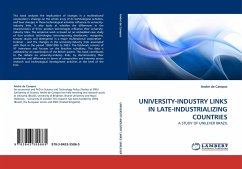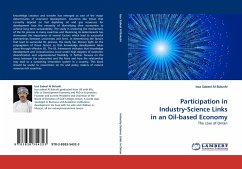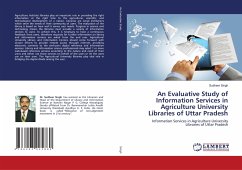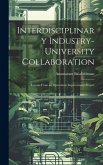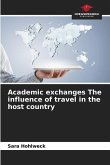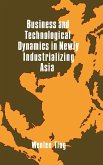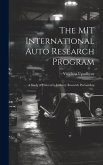This book analyses the implications of changes in a multinational corporation's strategy on the whole array of its technological activities, and how changes in these technological activities influence its university-industry links. It also looks at whether the differences in the characteristics of firms' product technologies influence their university-industry links. The empirical work is based on an embedded case study of four product technologies (encompassing deodorants, margarine, tomato sauces and detergents) in a major multinational corporation - Unilever - and the changes in the university-industry links associated with them in the period 1980/1990 to 2003. The fieldwork consists of 97 interviews and focuses on the Brazilian subsidiary. The data is validated by an examination of the British parent. This book contributes to the debate on university-industry links, by discriminating their similarities and differences in terms of composition and intensity across research and technological development activities at the level of the firm.
Bitte wählen Sie Ihr Anliegen aus.
Rechnungen
Retourenschein anfordern
Bestellstatus
Storno

